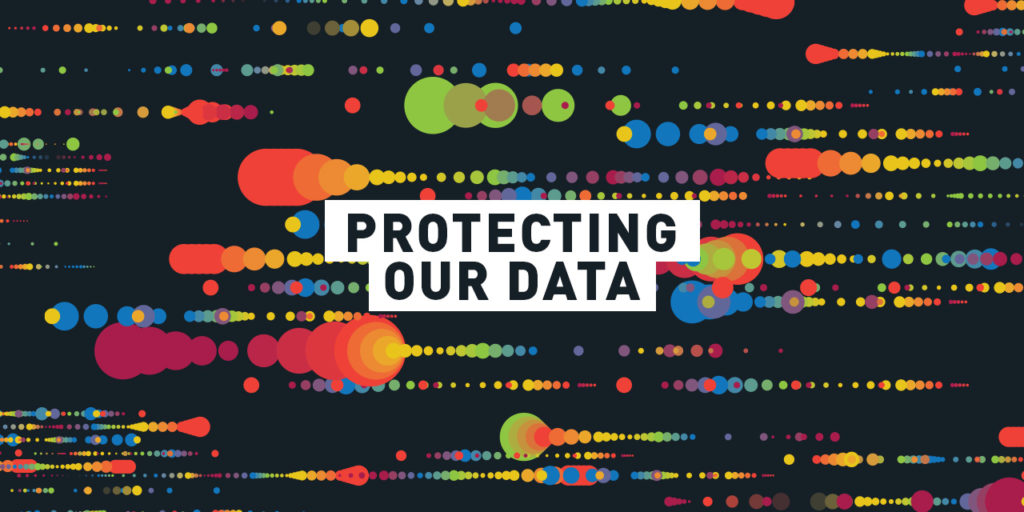Access Now today called on members of U.S. Congress to hold hearings on “the private-sector practice of overbroad collection … of personal information and the urgent need for data protection legislation to protect user rights.”
In a letter to members of the House and Senate Commerce committees, Access Now cited recent news reports regarding Cambridge Analytica and its relationship with Facebook, which raise questions about Facebook’s commitment to user privacy.
Also in the letter, Access Now highlights important questions for Facebook and Cambridge Analytica as well as Aleksandr Kogan, who developed the app that first obtained the personal data of approximately 50 million Facebook users and then sent that data to Cambridge Analytica. We call on Congress to hold hearings on this issue and to seek answers to these questions, including whether or not information about Europeans was sent to Cambridge Analytica and under what underlying legal authority.
“This is not a localized incident, but a symptom of an internet industry that has been built on the collection and manipulation of personal information. However, to move forward and address these systemic issues, it is critical that representatives from Facebook and Cambridge Analytica answer questions about the events and circumstances that led to the personal information of 50 million users moving between the organizations,” said Amie Stepanovich, U.S. Policy Manager at Access Now.
“Regardless of the specific circumstances of this story, it demonstrates just how little people know about the data that is being collected about us as we live our daily lives. This information is stored, shared, bought, sold with little oversight or transparency. As more of our lives become digital, it becomes increasingly clear that we need stronger data privacy laws to protect users,” added Nathan White Senior Legislative Manager at Access Now.
Access Now points not only to the soon-to-be-implemented General Data Protection Regulation in Europe, but the data protection laws being passed and updated throughout the world to show how far the U.S. has lagged behind in protecting data. Attached to the letter, Access Now sent members of Congress a guide for lawmakers on how to create a data protection legal framework.
